I knew all the signs of addiction. I had learned about them in health class all those years ago, then again in my psychology major. There were pamphlets in my doctor’s office, and public service announcements depicting a brain on drugs. But living with an addict was something completely different. None of the pamphlets, textbooks or commercials came close to capturing the pain, disappointment and devastation my family experienced.
Moral injury is sometimes referred to as trauma’s moral dimension. It’s perpetrating, bearing witness to, or failing to prevent acts that transgress deeply held moral beliefs. People who love an addict face moral injury all the time. Do I refuse to give my loved one money or groceries so as not to enable their addiction, but then let their children go hungry in the process? Do I call them in sick to work once again, rescuing them from the consequences of their addiction, but in the process put myself in financial jeopardy if they lose their job? I get so tired of coming to their rescue, but if I say no–what if that’s the time they actually lose their life? How could I ever forgive myself? No pamphlet I ever read talked about moral injury, but it was our reality everyday.
The good news is that even though I felt alone, I wasn’t alone. There are people all across the nation, and even in my community who understood what I was going through, and wanted to help. All I had to do was ask. It felt like a big ask. I didn’t want to burden anyone else; I was embarrassed; I was so tired, and it just felt like one more thing to do. But finally I did it. I reached out. I connected with people who understood and could help. I wasn’t alone anymore. I’m not saying it got better overnight, but loving an addict is a journey no one should walk alone. Take the step. Reach out. Find people, like me, who care and want to help.
To take the first step do this…

Leah Szemborski is a Licensed Professional Counselor with Ascension EAP. She draws on both her personal and professional experience to offer hope and healing to her clients. She enjoys sober living with her husband, three daughters and two cats. If you’d like to learn more or talk to Leah, reach out via our Contact Us page and let us know.


